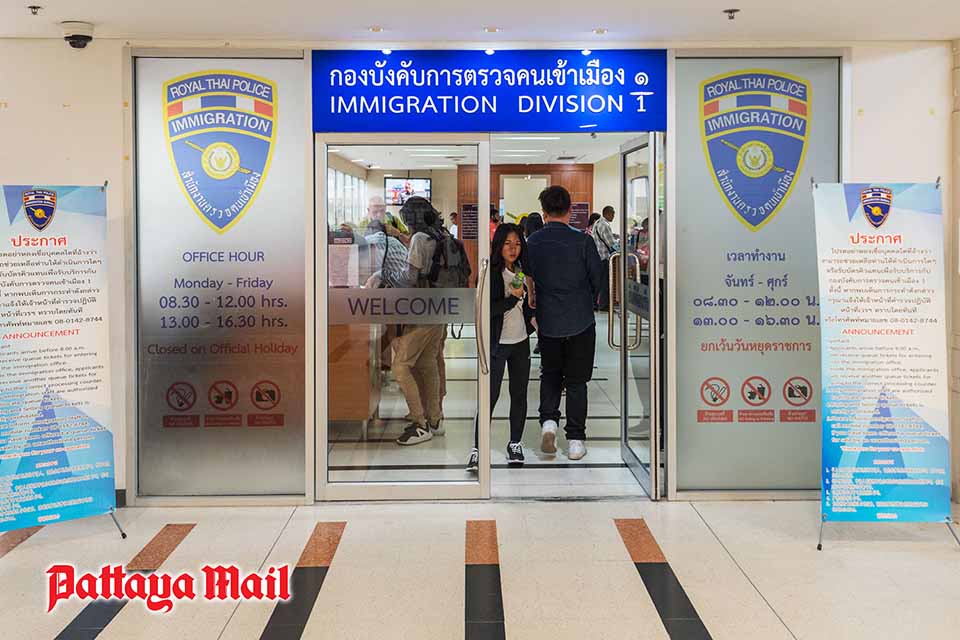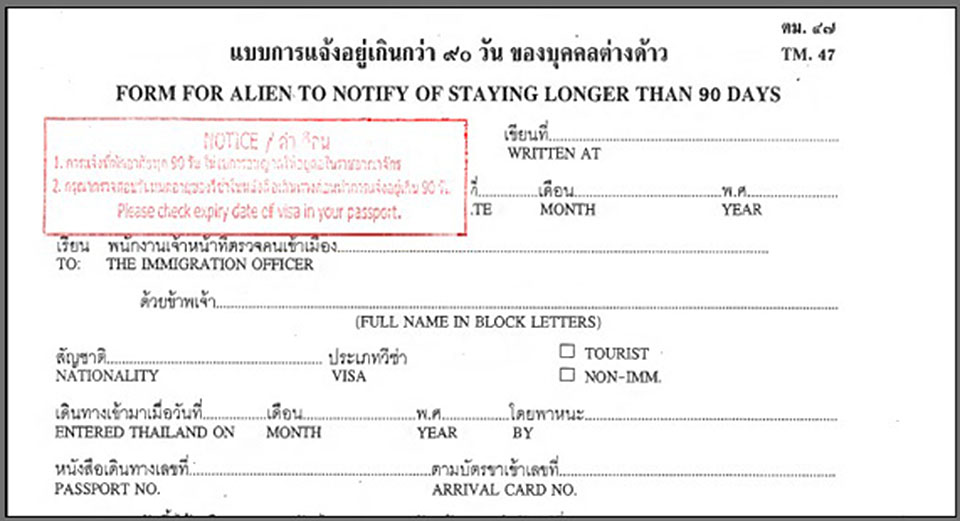
The pressures are now building for a substantial review of Thai immigration regulations to prepare for the eventual post-Covid world. Prime minister Chanyut Chan-o-cha has several times called for bold measures to attract large-scale investment into the country. Earlier this year a government task-force was set up which will provide a detailed set of proposals as early as May 2021. It will concentrate on expats and long stayers rather than on vacationers.
Several policy changes have already been announced and are currently promoted on most Thai embassy websites abroad. For example, the four-year Smart visa for foreign technocrats and professionals does not require a separate work permit. Foreigners prepared to invest heavily in hi-end Thai property also no longer need a work permit to carry out their responsibilities and permanent residency, further down the line, has also been mooted.
Further property innovations have also been leaked by government ministers. It is highly likely that the Condominium Act will be amended so that 80 percent of the units – as opposed to the current 49 percent – can be bought by non-Thai nationals for both residence and investment. Foreigners will also likely be able, for the first time, to purchase new houses built on luxurious sites, provided the individual payment price is at least 10 million baht and the property occupies less than one rai of land.
The government task-force is headed by Chayotid Kridakorn, former head of J.P. Morgan Securities Thailand, who has indicated he wants to encourage one million new foreigners to work, invest and retire here, thus filling the state coffers with at least 1.2 trillion baht annually. He is also said to favour the buying of second homes by Thais, corporate income tax cuts and expansion of Thailand’s Elite visa which offers semi-permanent residency in return for initial cash payments of between 600,000 and 2 million baht.

Chayotid has also raised the issue of abolishing the 90 days check-in for foreigners residing here longer than three months. This requirement is the most unpopular of all immigration requirements, although it is not required for permanent residents with a red police book, nor for the new-generation Smart visa holders. It was first introduced in the 1970s long before computerization contributed to border security or illegal immigration checks.
The most likely alternative to the 90 days check-in is a variant on Cambodia’s computerized Foreigner Residence in Cambodia System (FPCS). This requires landlords and hotels, or foreigners with a Cambodian property stake, to register just once. Updates are necessary only if the individual changes address. The catch is that no foreigner may have a visa extension or renewal without registration on the national data base.
Although Chayotid noted the importance of foreign retirees in the Thai economy, he was referring to the richer-end with at least 2.5 million baht to spend every year. Current retirees, who are required to show cash reserves or income of between 400,000 baht and 800,000 annually, are not likely to find any positive changes in the recommendations. Still, the abolition of the 90 days report would be welcome to them.

Many Thai embassies are already encouraging would-be retirees abroad to switch to the Elite visa to avoid bureaucratic hassle and compulsory general health insurance. A spokesperson at the Ministry of Foreign Affairs said that all overseas applications for Thai visas based on retirement now required Covid-19 health insurance and general medical cover to at least 400,000 baht.
Whether there really are a million new foreigners out there willing to make heavy investments in Thailand is a moot point. Jeffrey Stevens, a British travel and visa agent, said, “I doubt they will be British or European. Maybe the Thai government is looking to China and Asean to alter its immigration profile.”





